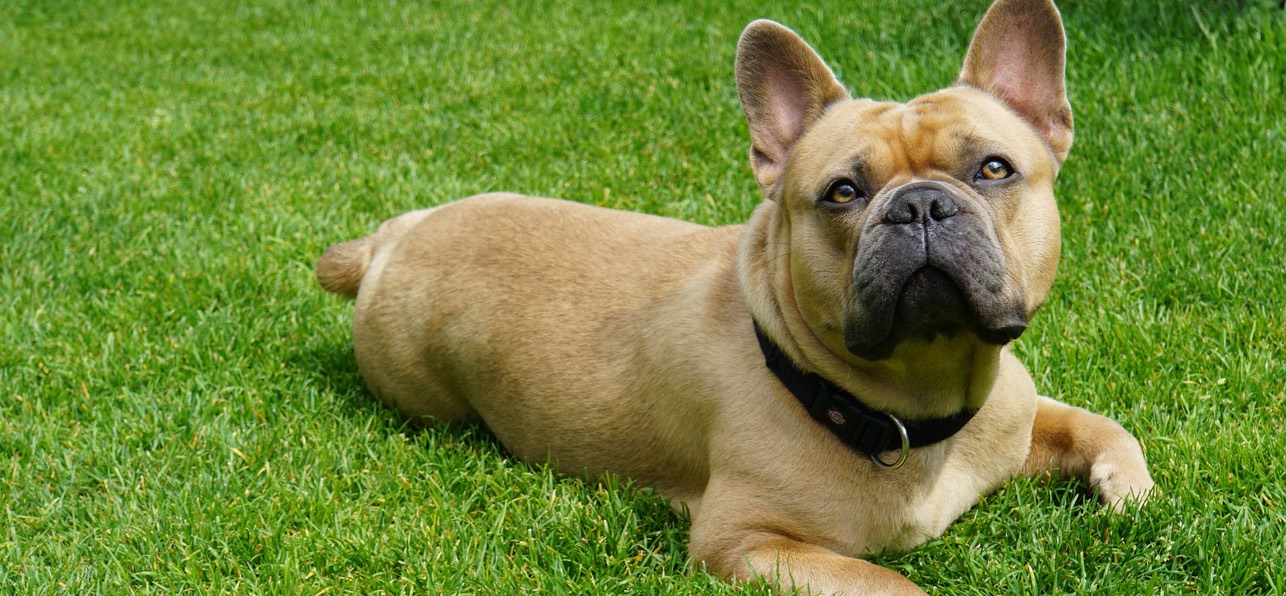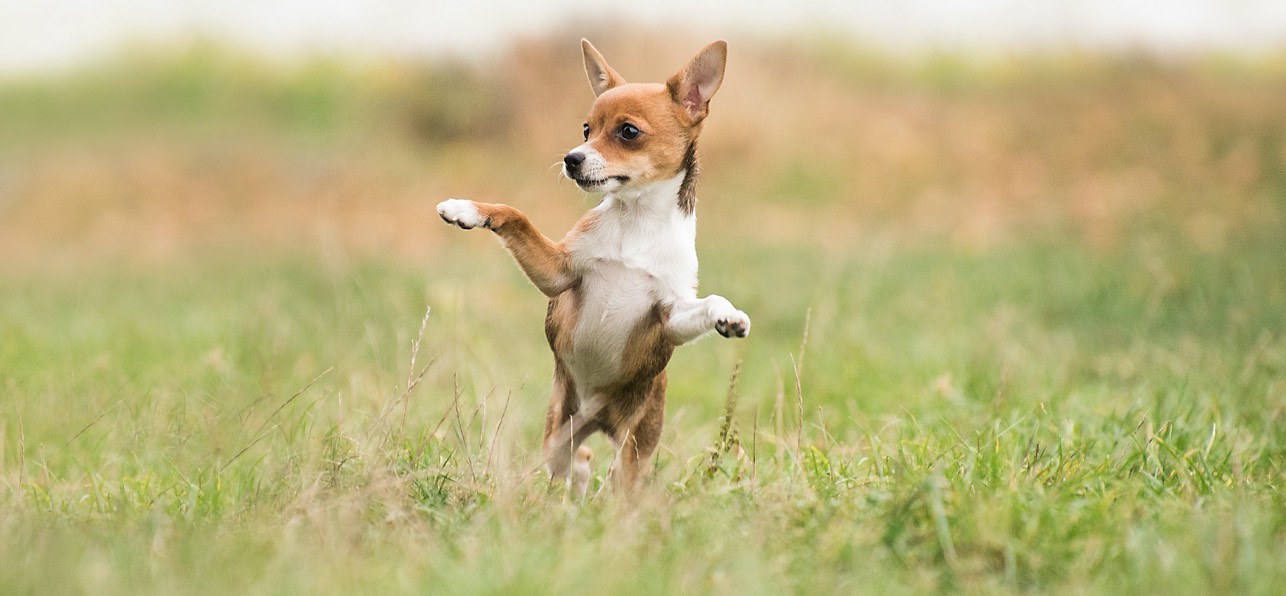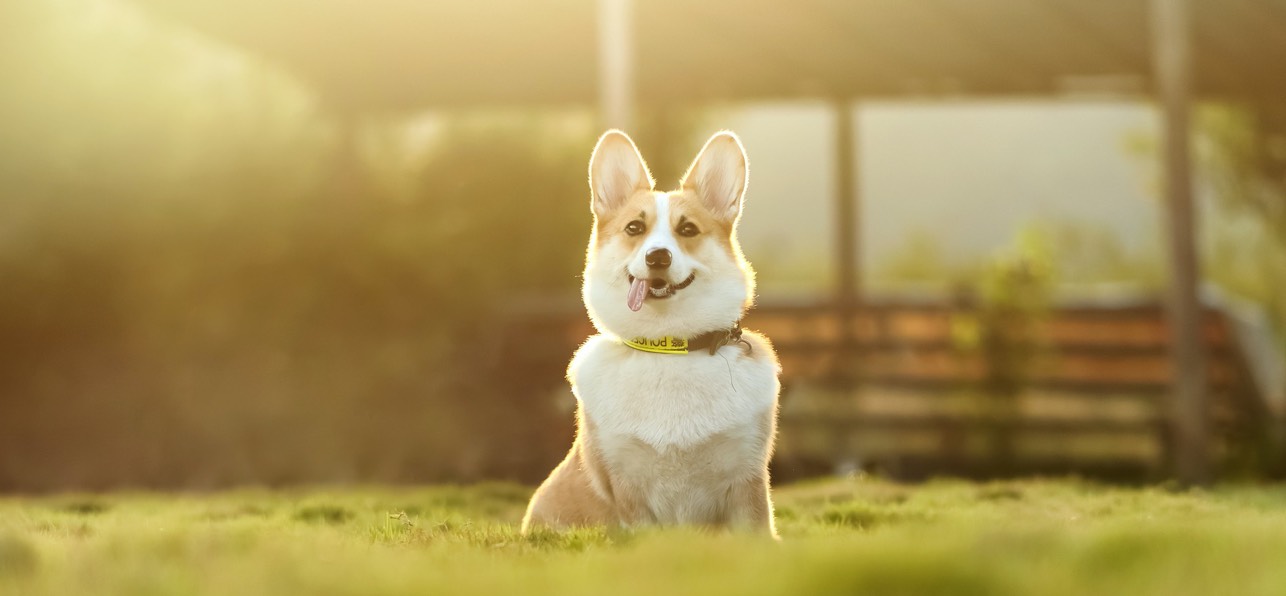If you’re a dog owner and have a beautiful garden, it can be very frustrating to see patches of dead grass where your dog has peed. Dog urine creates unsightly yellow and brown patches of dead grass, which is very noticeable and for some dog owners, extremely annoying.
There are some dog owners that have accepted the fact that their lawn will never be the same when owning a dog, but this doesn't always have to be the case.
There are various steps you can take to prevent your dog's urine from damaging the grass.
Why does dog pee damage grass?
Dogs urine turns grass either yellow or brownish colour and this has to do with basic chemistry. Understanding the basics of this and why this happens will help prevent your dog's pee from damaging the grass and in return prevent your lawn from becoming damaged.
All healthy soil contains an essential component which is nitrogen. High concentrations of nitrogen in the soil can kill off the grass and turn it brown or yellow.
Urine contains high levels of nitrogen and both combined can kill off your grass. Dead grass is often surrounded by beautiful, lush, rich green grass which occurs because of the fertilization of the lower levels of nitrogen concentration.
Salt levels can also be found in dogs pee which can also affect the staining of your grass. If your dog's pee has high levels of acidity or alkaline, this can affect the pH levels of the soil and in return damage the grass.
There are myths that female dog urine causes more damage to your grass, but this isn't true. Both male and female dogs urine contains the same levels of chemical composition and neither will do any more damage than the other. This could be to do with the position the female pees in as they tend to squat when the pee and male dogs tend to cock their leg, thus less urine hitting the grass.
How to prevent dog pee from damaging your grass
There are many ways to prevent your dog's pee from damaging your grass, although there is no guarantee to get rid of all the urine damage to your lawn, there are steps you can take to minimize the damage:
- Create a new area for your dog to pee. Plant a urine-resistant cover for the ground which can be the new area for your dog to pee. You can use clover or rye or fescue grass. All these options are tougher grass but will be less notable with damage when your dog urinates.
- Train your dog to urinate in a designated area to reduce the damage to the rest of your lawn. If you can, fence off an area so your dog only urinate in that one area of the lawn. To make the damage less noticeable, you can also camouflage the area with tall plants or bushes so it's less viable to other parts of the lawn.
- Increase your dog's water intake and if you can afford it, switch your dog's food to wet food. Dogs should be drinking water as part of their healthy diet, so it will do them no harm. Taking in extra water will help dilute your dog's pee and therefore making it less potent when they pee, which will cause less damage. This approach, will, of course, cause your dog to pee more often but the benefits outweigh the inconvenience of more peeing.
- Create a dog-friendly area of the garden for your dog to pee. Replace the lawn with stone mulch or bark, or do this in your entire garden so it looks less obvious. It is important to use bark or stone that your dog is comfortable walking on as stone or bark that is too sharp could hurt their paws or be too uncomfortable for them to walk on.
- Water down the area immediately after your dog has urinated. Have the garden hose outside ready to switch on to rinse the area in which they’ve peed. This will help neutralize the acidity of the urine and cause less damage to the patch of grass where they’ve peed.
- Invest in dog-friendly supplements to add to your dog's diet that will help with the grass burns. It is important to use a supplement that is pet-safe and will cause no damage to your dog's health. It is worth discussing this with your veterinarian before making any decisions on what supplement to buy. Your vet will be able to help recommend and advise on what is safe for your dog.
- Use a low-nitrogen fertilizer for your lawn. Because your dog's urine contains high levels of nitrogen, this combination causes significant damage to your grass.
As well as the above recommendations, it is worth accessing your garden to ensure it is safe from other animals coming into pee or cause damage. Other dogs may be able to enter or foxes and their pee will also cause damage to your lawn. Ensuring you have a suitable, animal-friendly fence, will help deter other animals from entering your garden and peeing. Keeping your gate shut and eliminating other animals from entering your garden will help eliminate the damage caused by peeing on the grass.
Lastly, watering your garden daily will help minimize the damage caused by your dog peeing on your lawn. You can opt to use an animal deterrent but you must ensure this is pet-safe.




